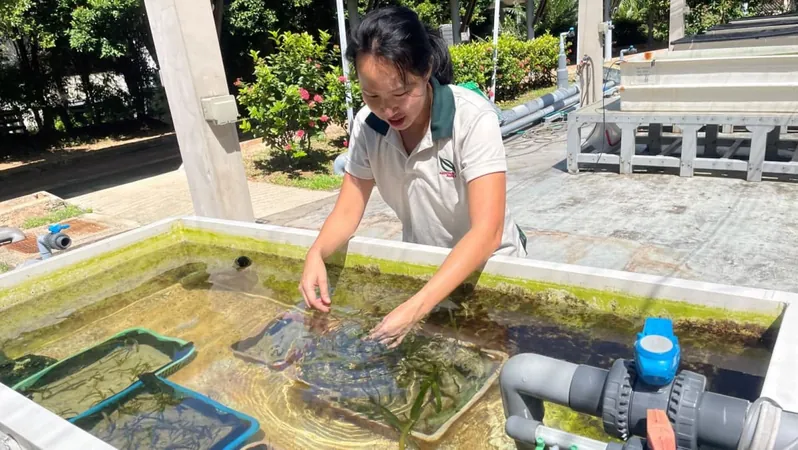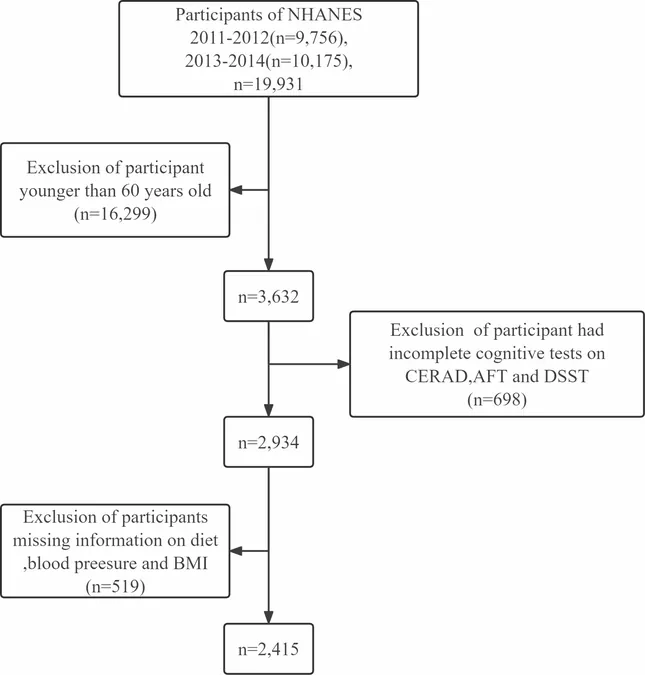
Landmark Seagrass Restoration Project Launched in Singapore: Nearly S$1 Million Pledged!
2024-09-27
Author: John Tan
SINGAPORE
If you think Singapore's picturesque coastline is all about sandy beaches and crystal-clear waters, think again! Hidden beneath the waves are vast seagrass meadows teeming with life, and now, there's exciting news for marine biodiversity lovers.
In an unprecedented initiative, the National Parks Board (NParks) and OCBC Bank have unveiled Singapore's very first seagrass restoration project, with a staggering commitment of nearly S$1 million. This innovative venture aims to rejuvenate and expand the seagrass coverage along Singapore's shores, contributing significantly to the health of our marine ecosystems.
Seagrass meadows, notably found at East Coast Park and Changi Beach Park, serve as crucial habitats for various marine species, including small shrimp, fish, and crabs. Unlike seaweed, which is a type of marine algae, seagrass is a flowering plant uniquely adapted to underwater living. With 12 distinct species of seagrass dotting the Singaporean waters, the nation boasts a remarkable diversity considering its compact size.
The project, spearheaded by researchers from NParks and the National University of Singapore, will span three years and focus on enhancing the survival rate of transplanted seagrass. This will involve studying the reproductive characteristics of seagrass and testing innovative restoration methods to improve success rates. Importantly, volunteers will also be invited to participate in this exciting journey by assisting with seagrass surveys and transplanting efforts.
Dr. Samantha Lai, deputy director at NParks’ National Biodiversity Centre, emphasized the vital role seagrass meadows play in carbon sequestration, highlighting that they can store carbon up to 40 times more effectively than terrestrial forests. These underwater landscapes are not just carbon sinks; they provide essential refuge for juvenile marine animals and serve as a primary food source for dugongs and other herbivorous species.
However, Singapore's seagrass ecosystems have faced severe challenges, with over 45% of the original area lost due to coastal development, pollution, and dredging. The threats of climate change loom ahead, making restoration efforts more critical than ever.
Senior Minister of State for National Development, Tan Kiat How, celebrated the collaboration between NParks and OCBC, noting the importance of corporate partnerships in marine conservation. He stated, "The OCBC Seagrass Restoration Project is an exciting advancement in our conservation efforts. Together, we can support the resilience of our marine and coastal habitats!"
This landmark initiative not only seeks to restore our precious coastal ecosystems but also underlines Singapore's commitment to environmental sustainability and biodiversity conservation. Who knew the shores of Singapore held such hidden treasures? Stay tuned for updates on this exciting restoration journey!






 Brasil (PT)
Brasil (PT)
 Canada (EN)
Canada (EN)
 Chile (ES)
Chile (ES)
 España (ES)
España (ES)
 France (FR)
France (FR)
 Hong Kong (EN)
Hong Kong (EN)
 Italia (IT)
Italia (IT)
 日本 (JA)
日本 (JA)
 Magyarország (HU)
Magyarország (HU)
 Norge (NO)
Norge (NO)
 Polska (PL)
Polska (PL)
 Schweiz (DE)
Schweiz (DE)
 Singapore (EN)
Singapore (EN)
 Sverige (SV)
Sverige (SV)
 Suomi (FI)
Suomi (FI)
 Türkiye (TR)
Türkiye (TR)